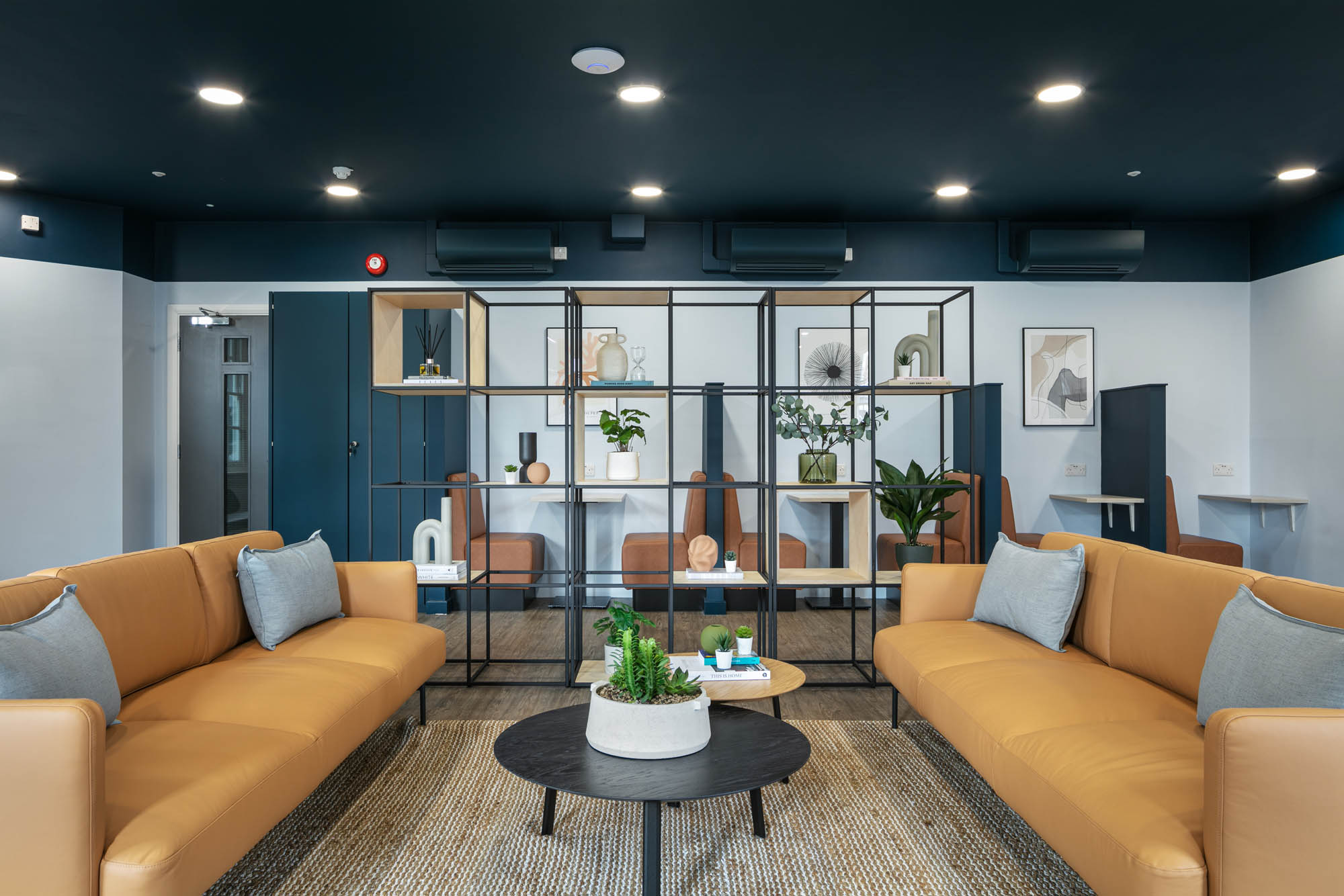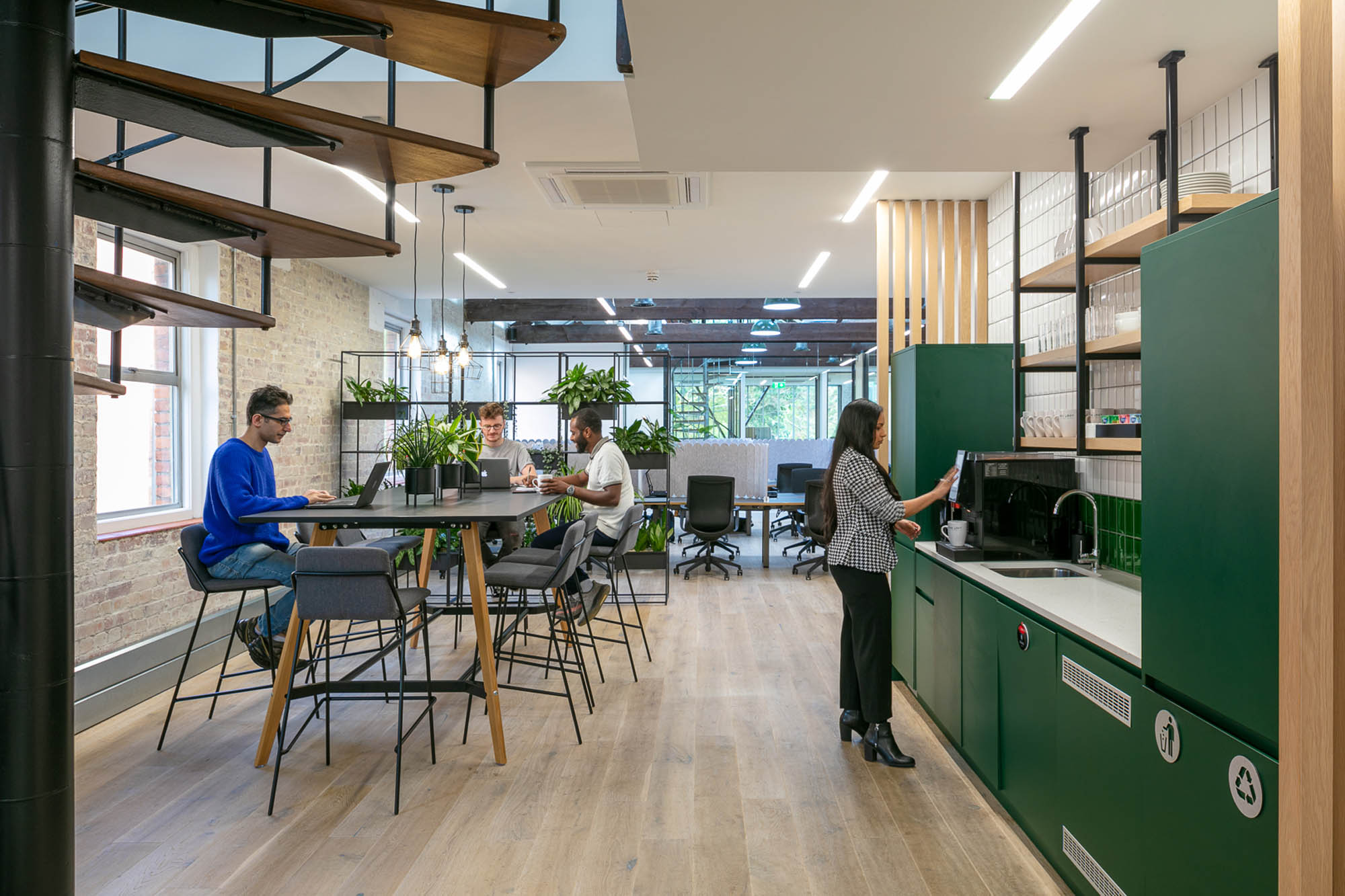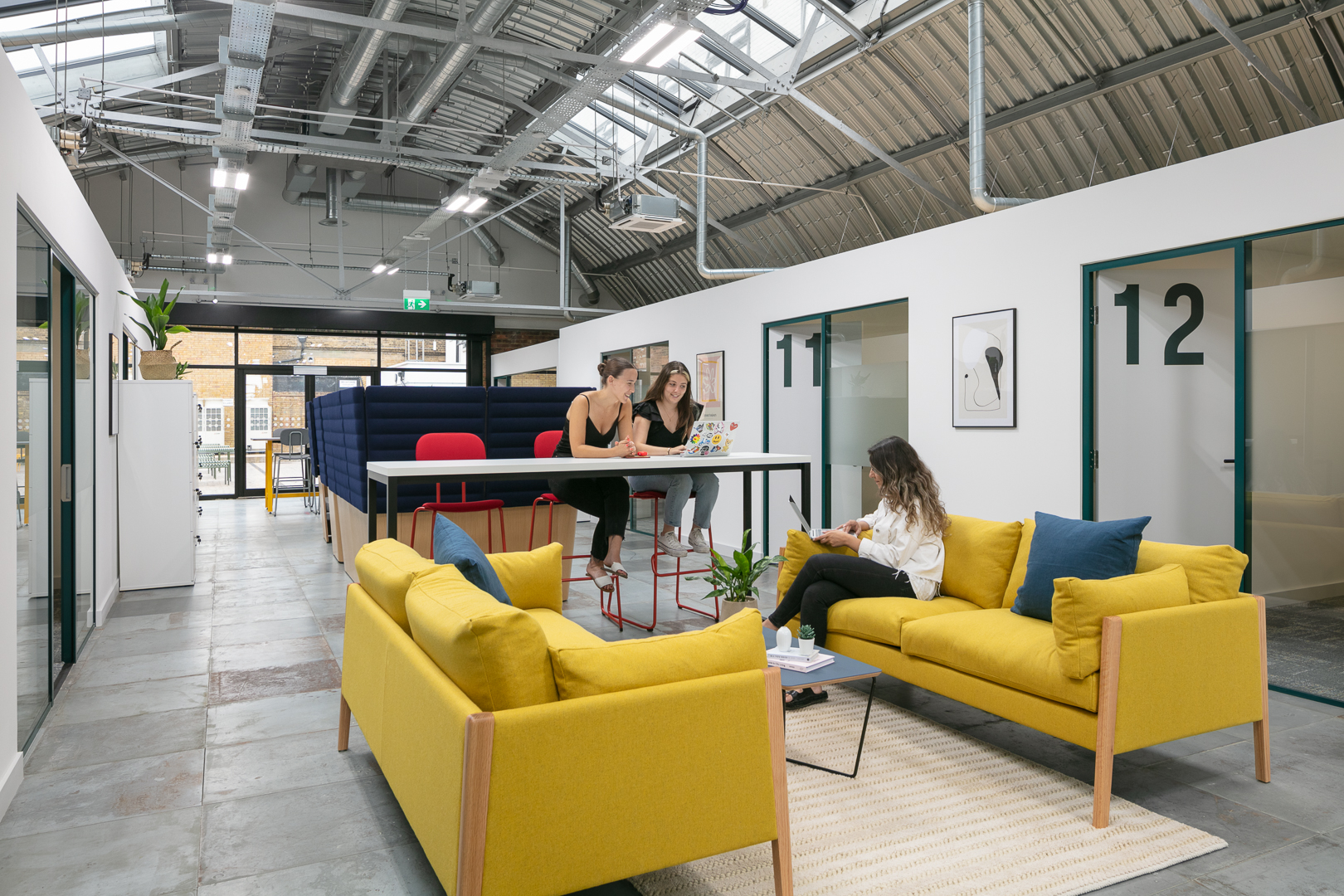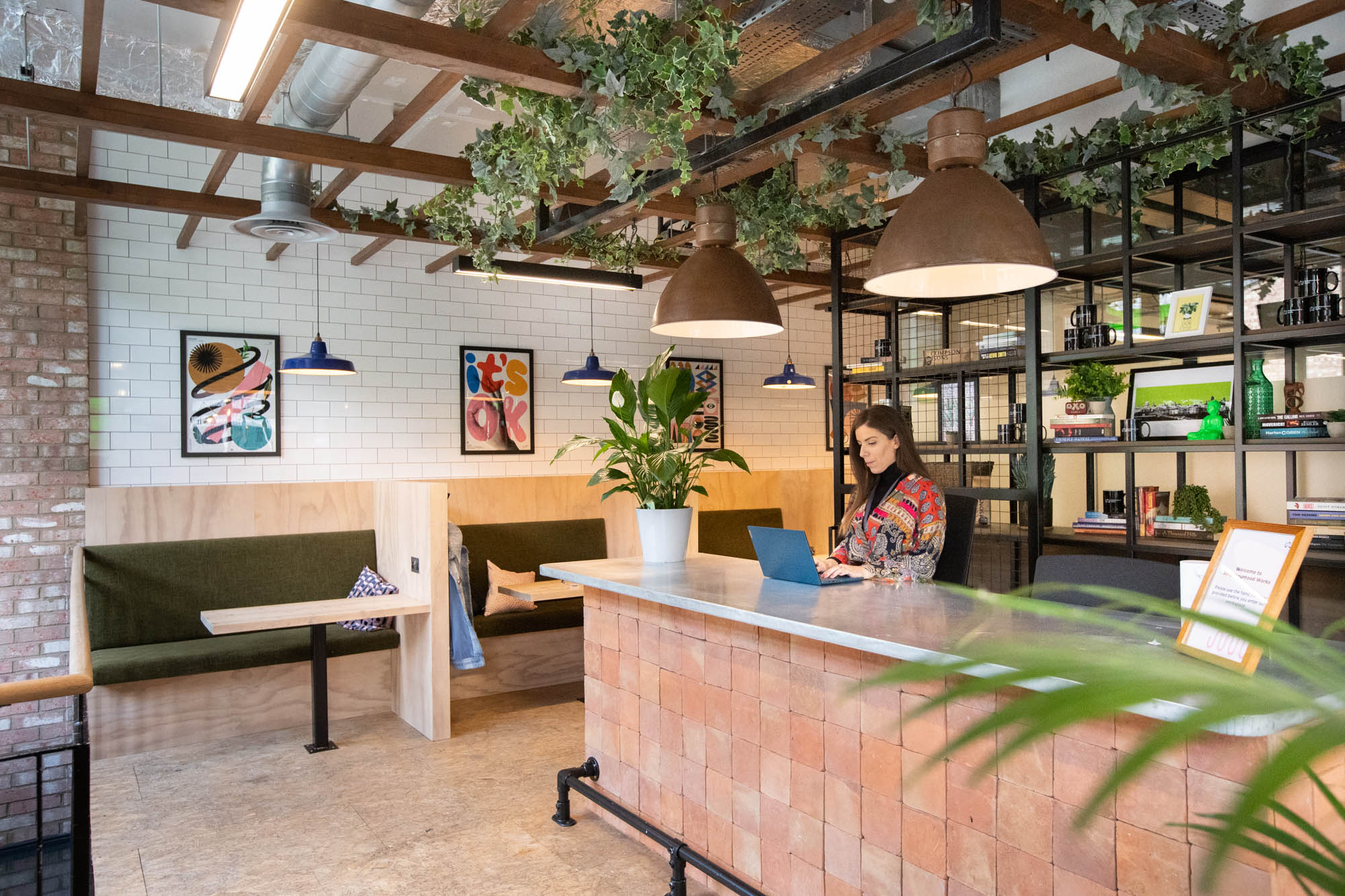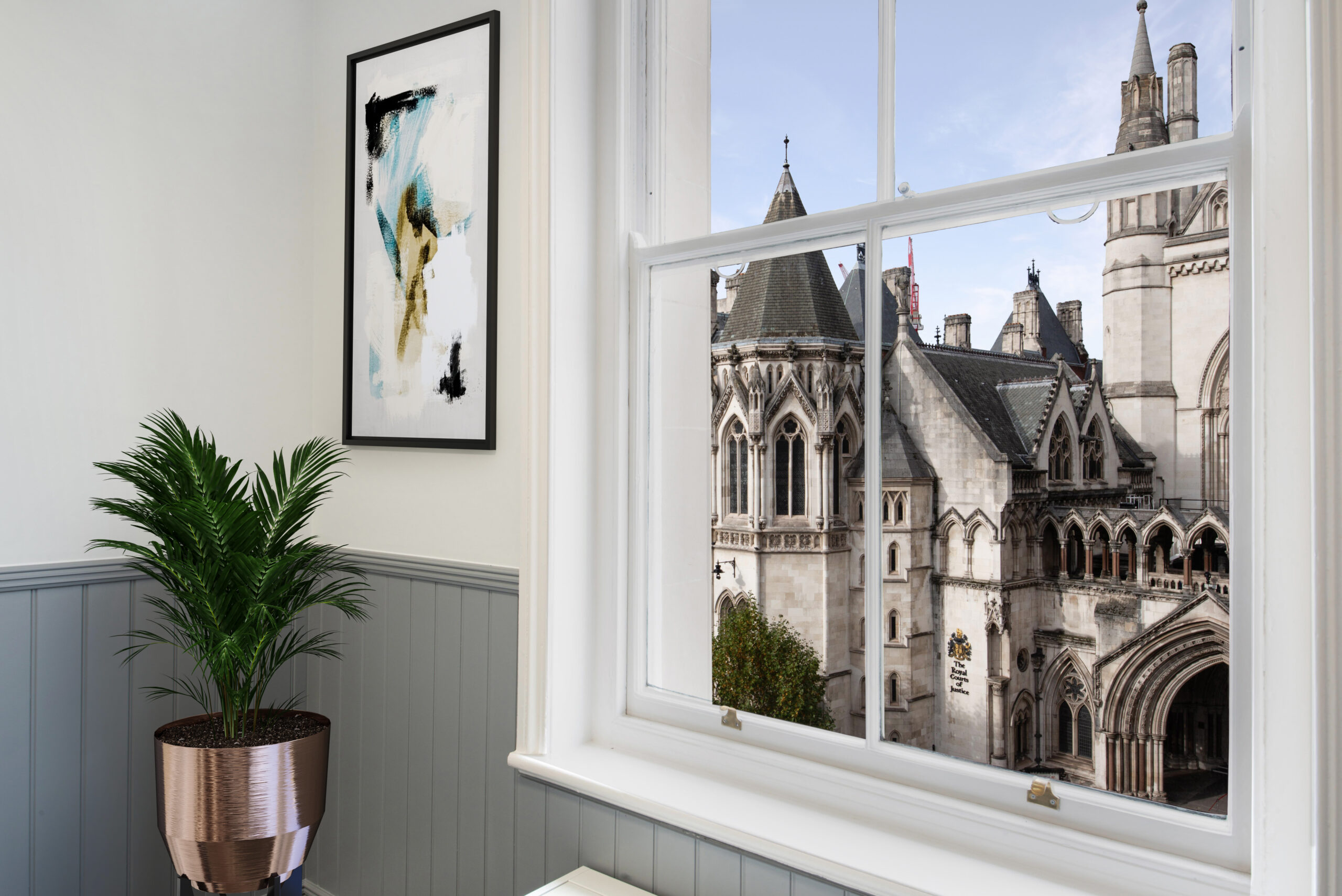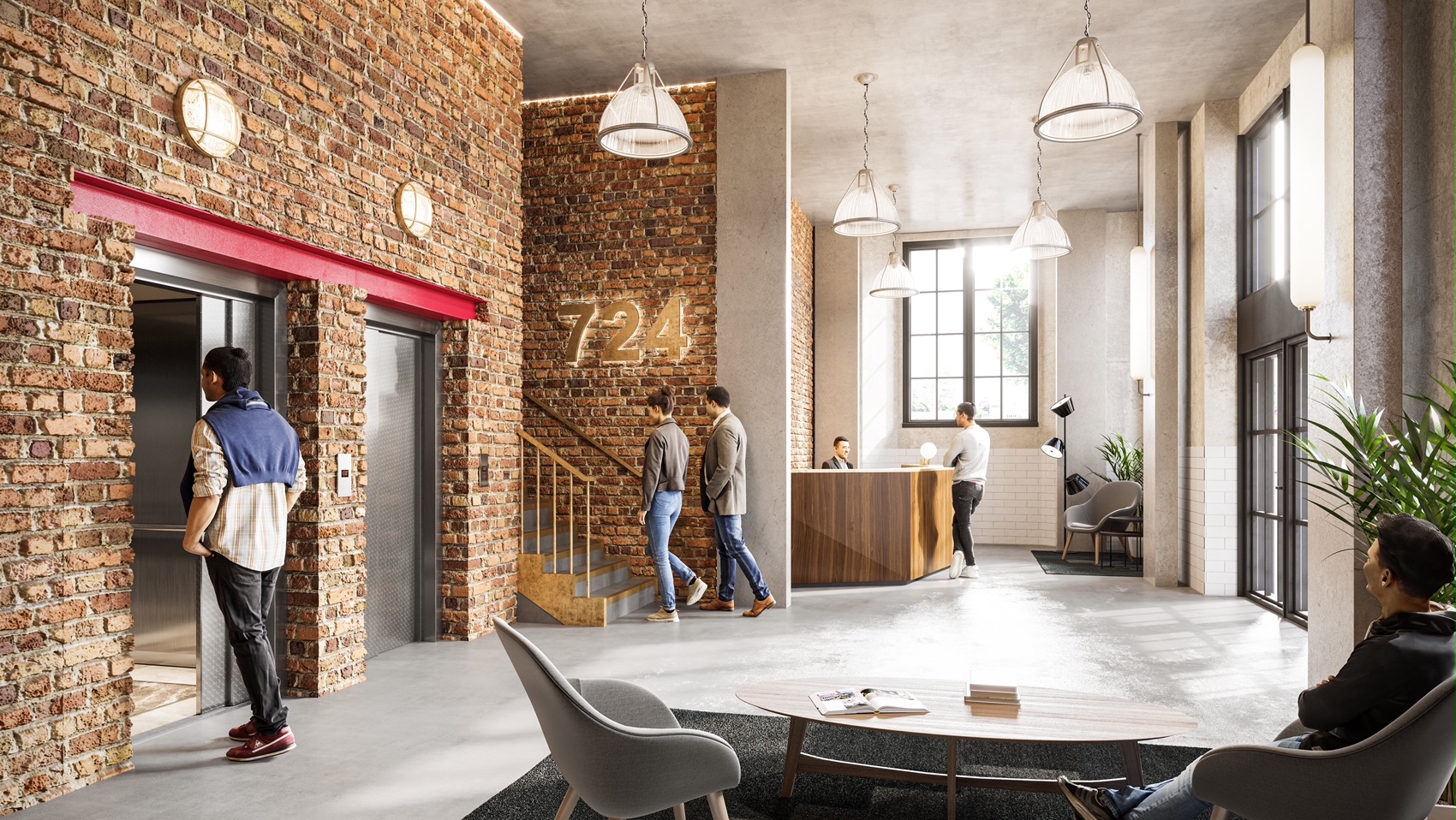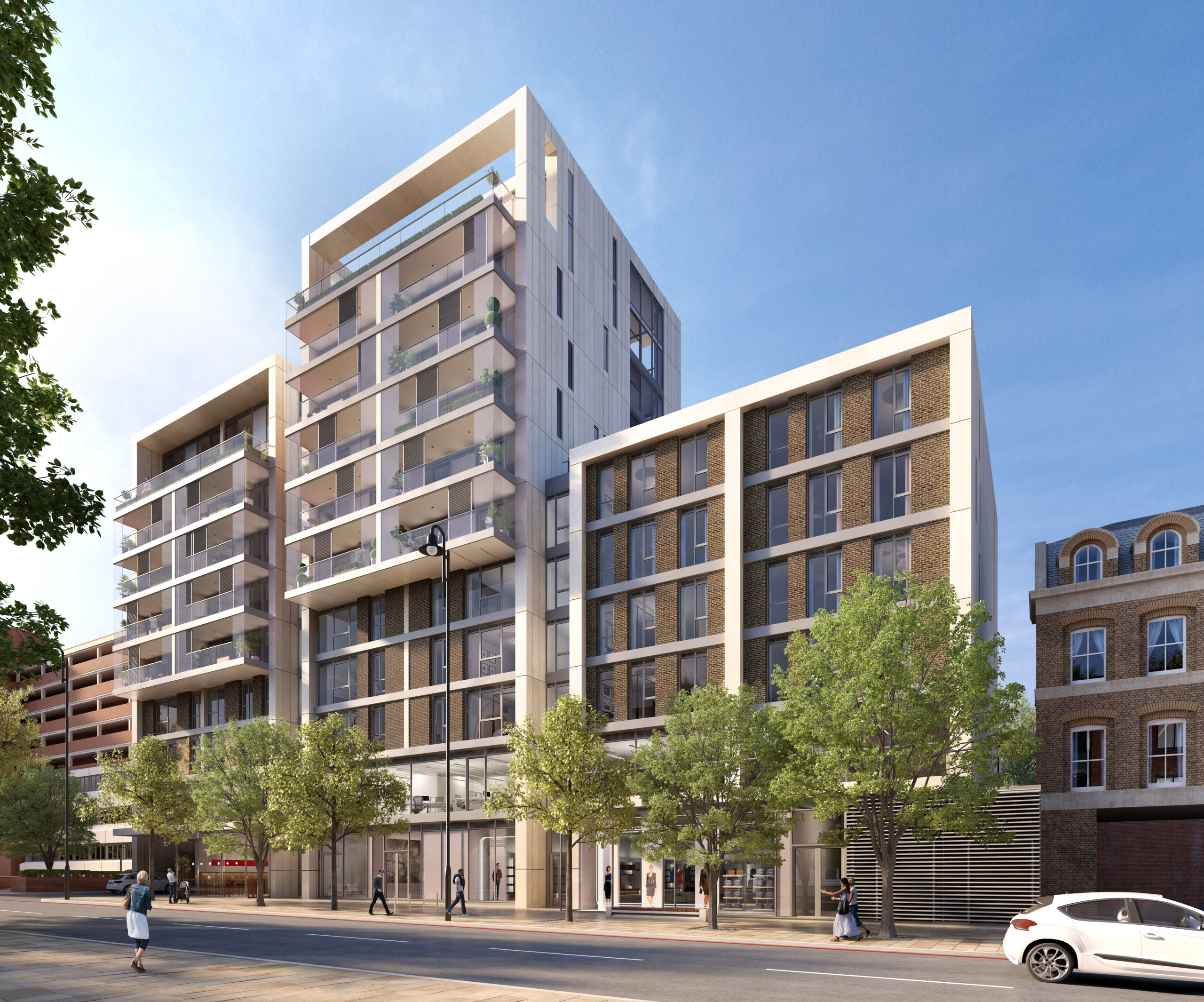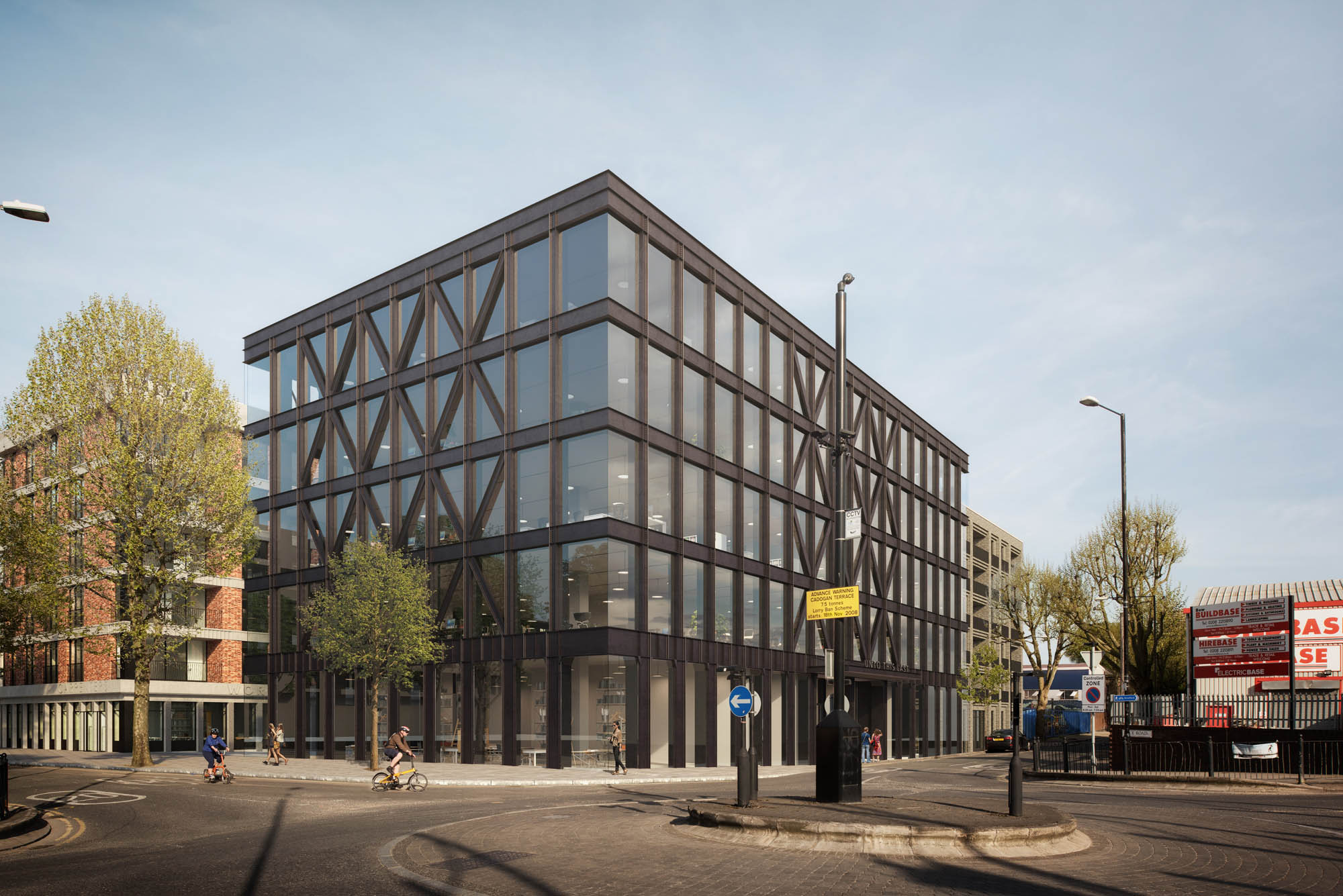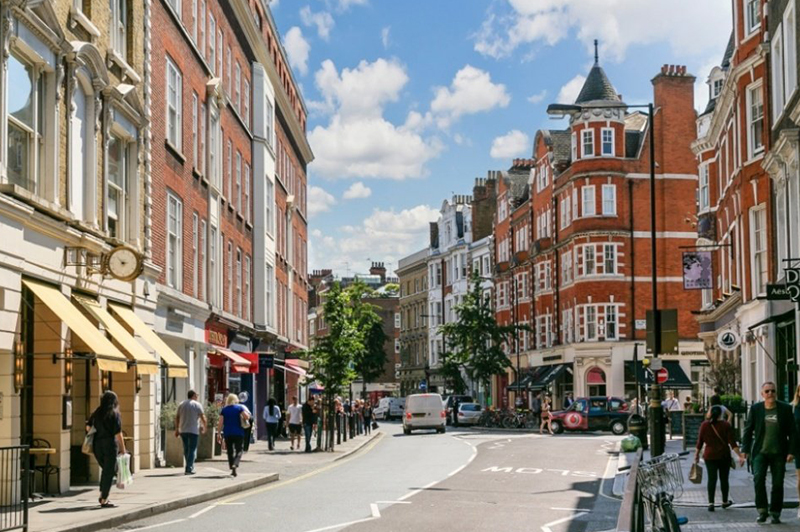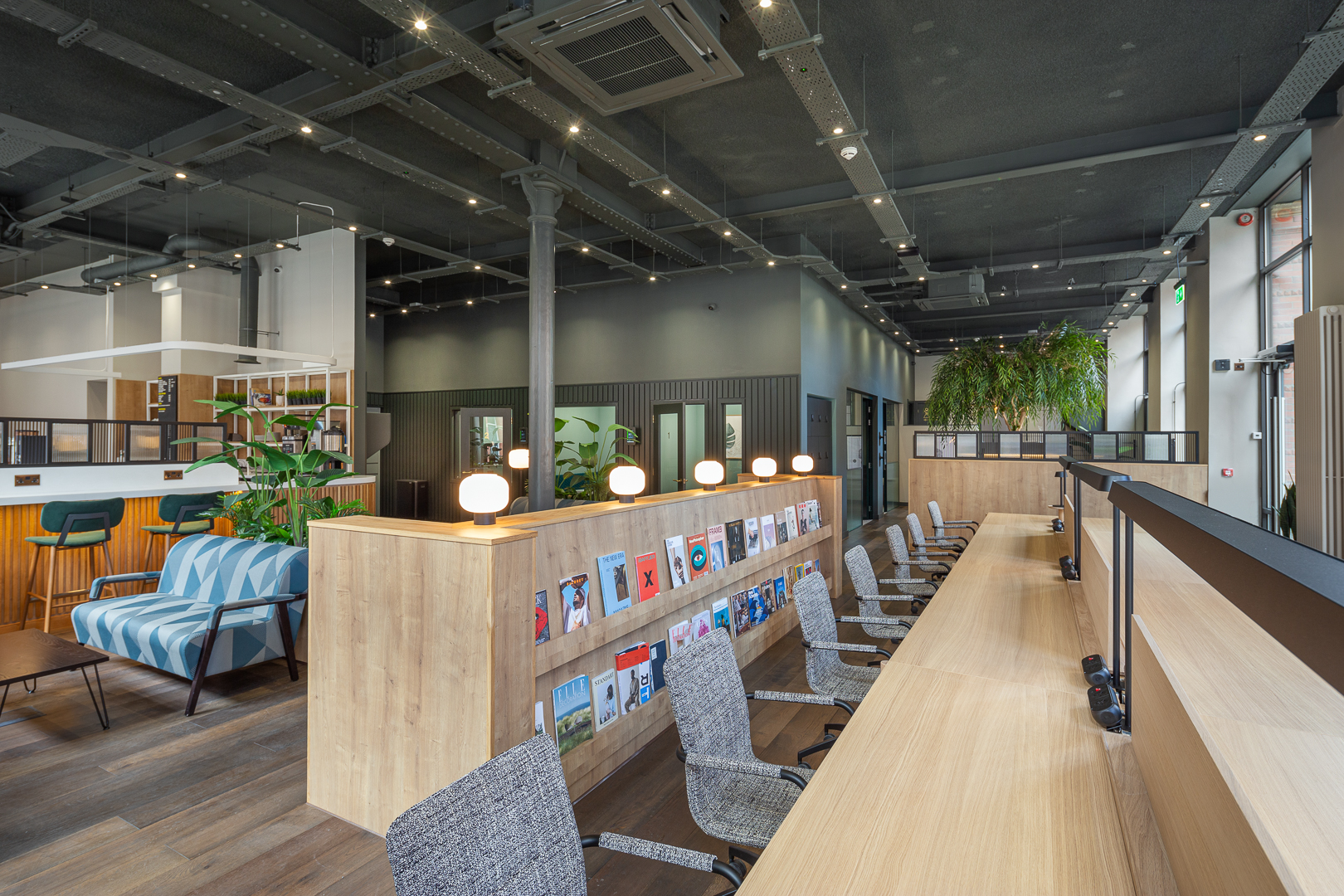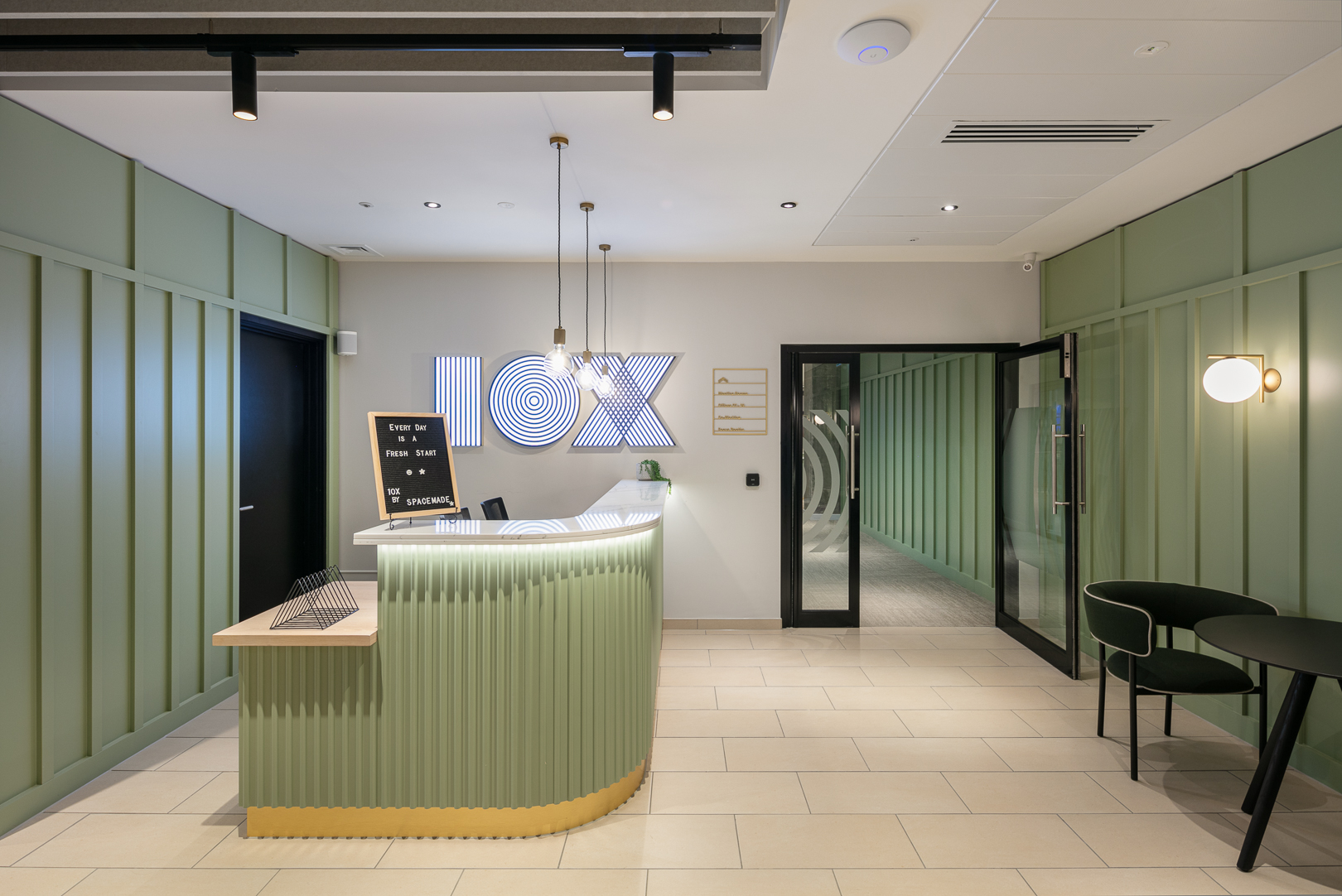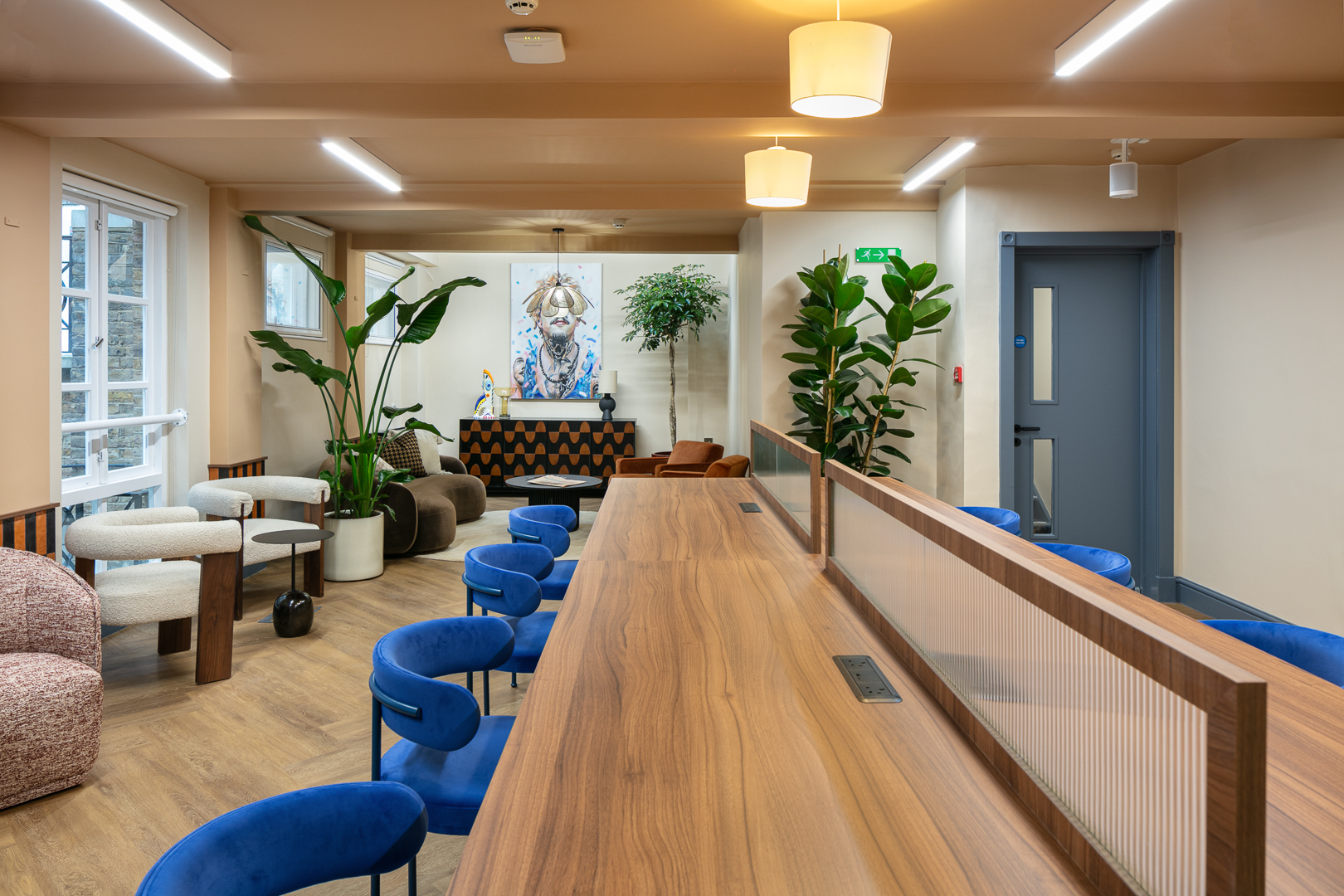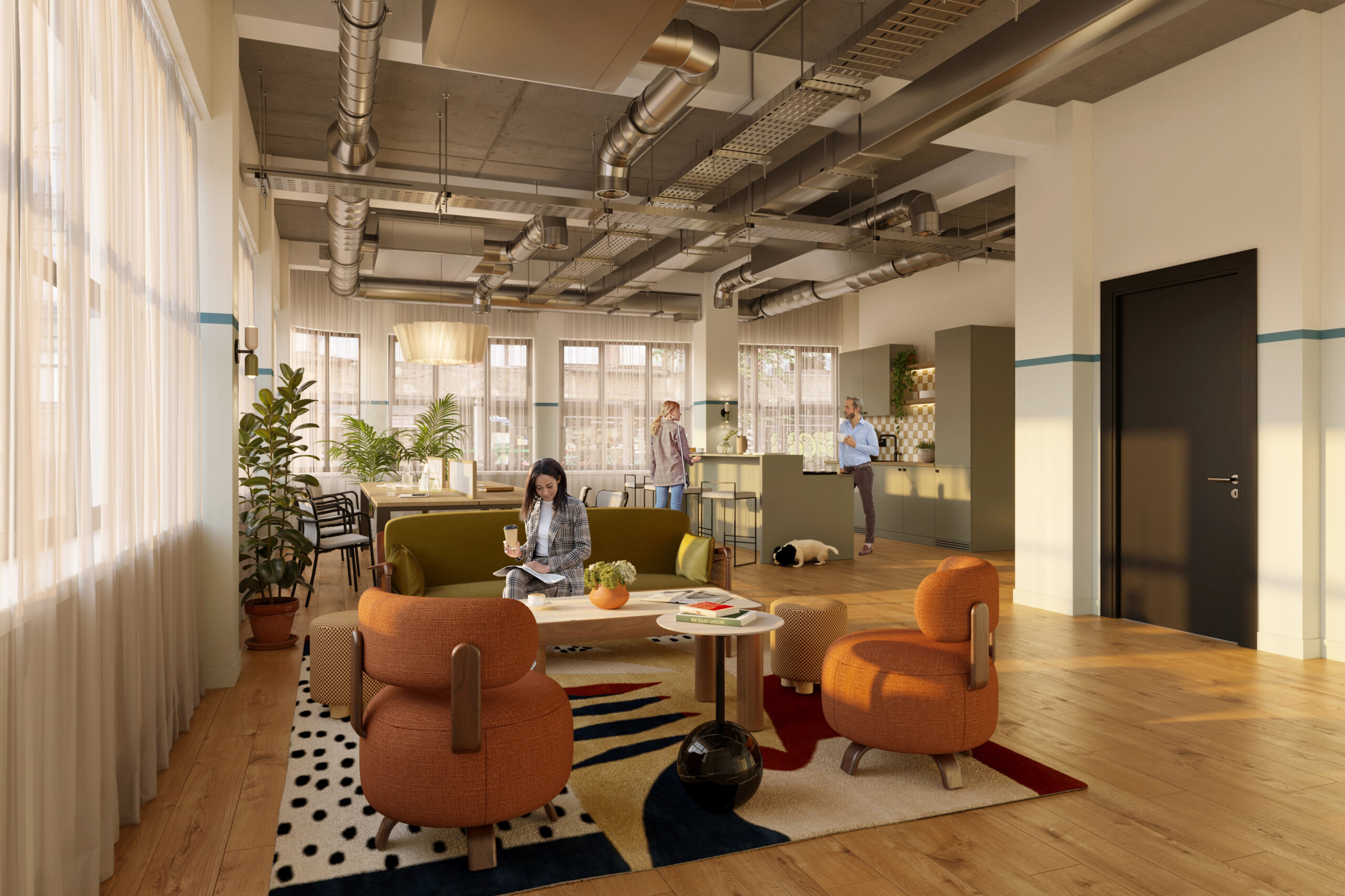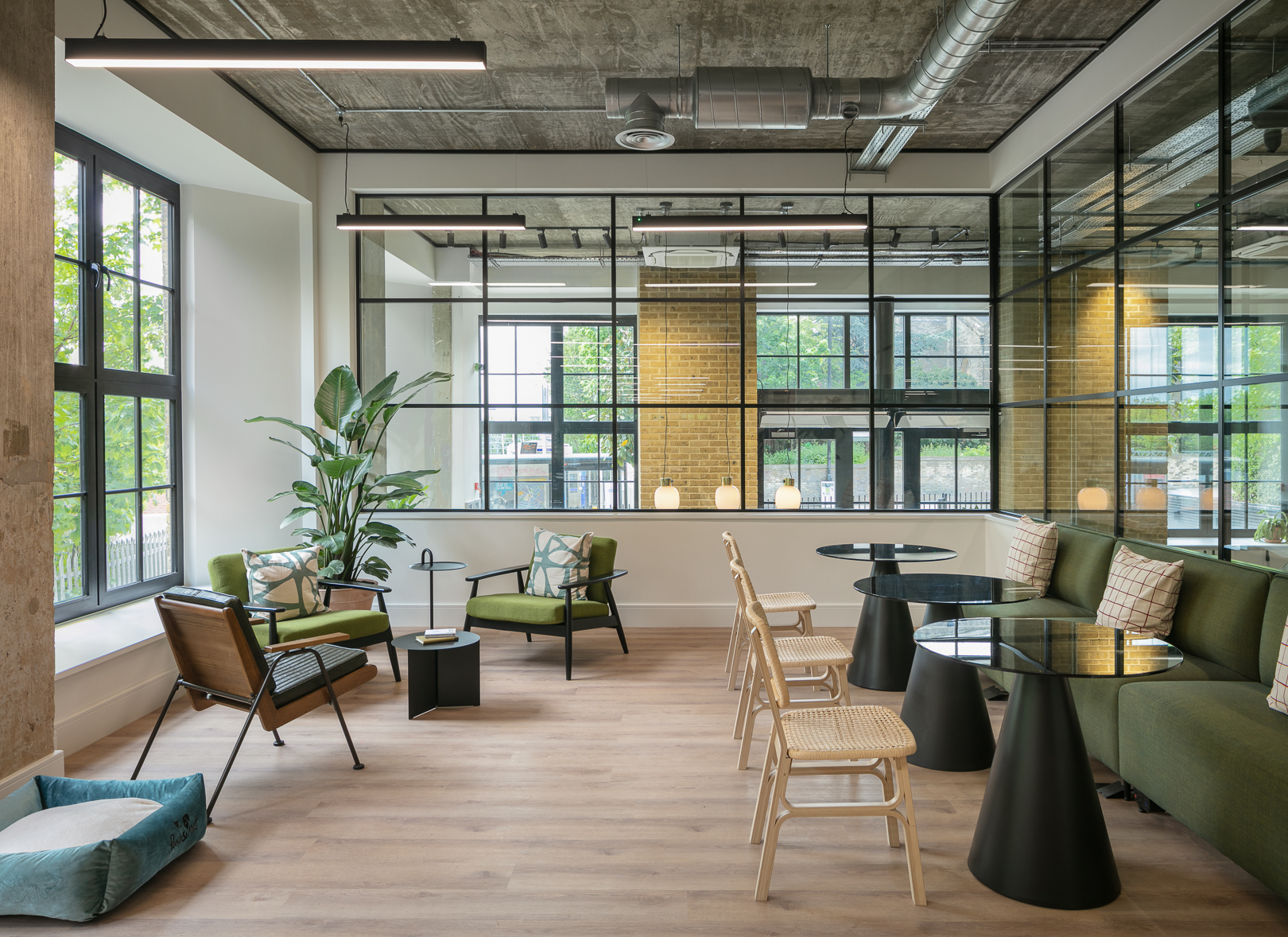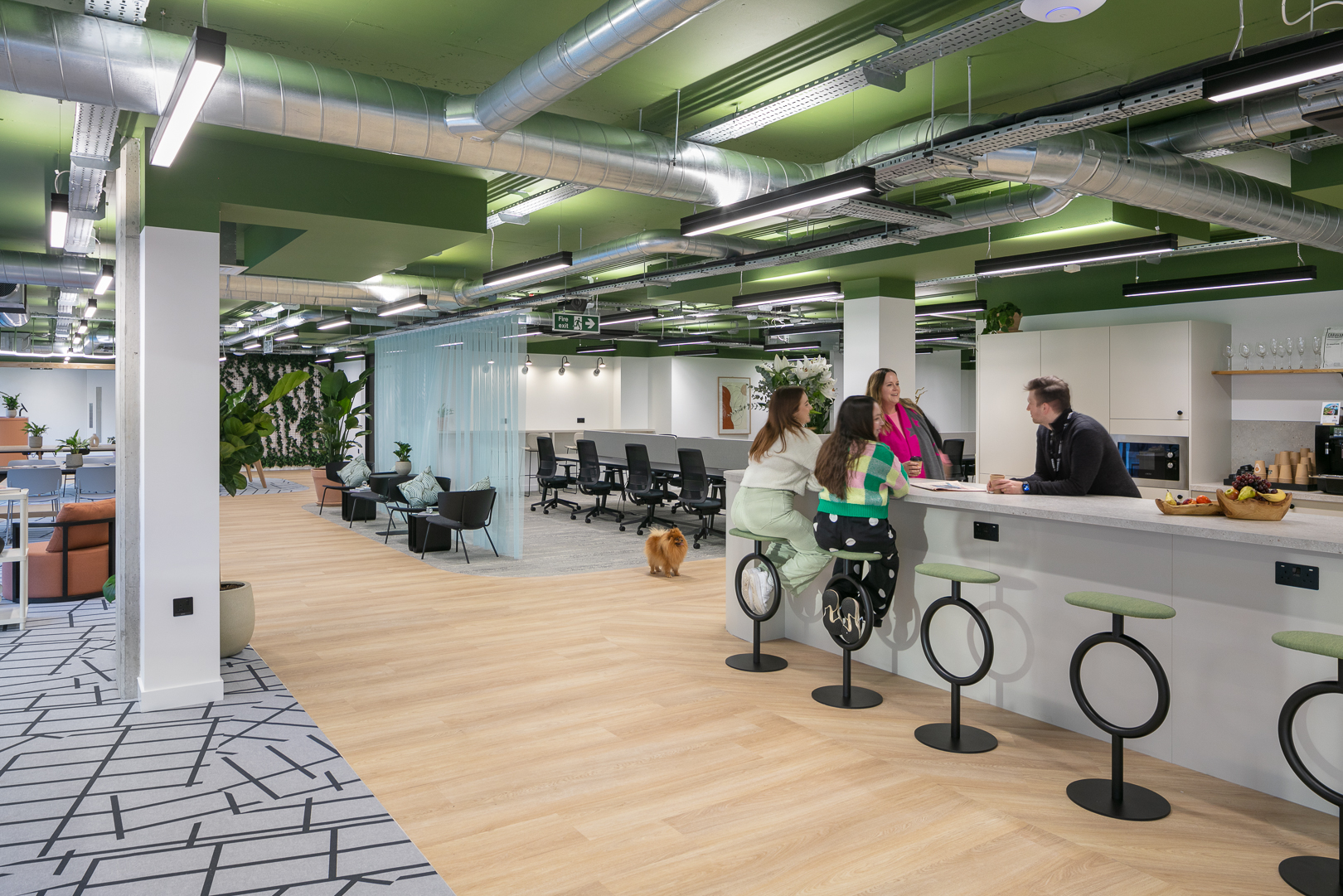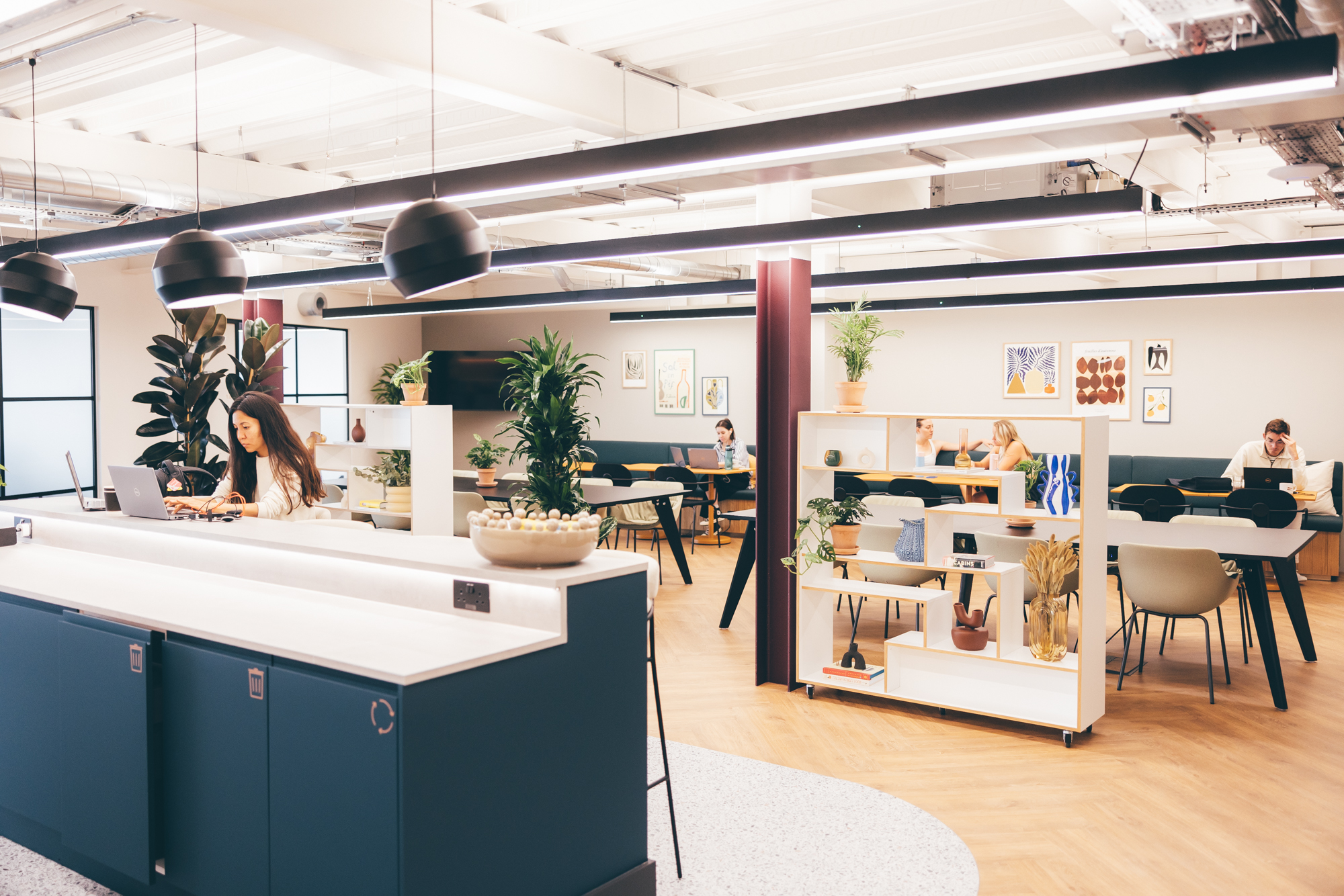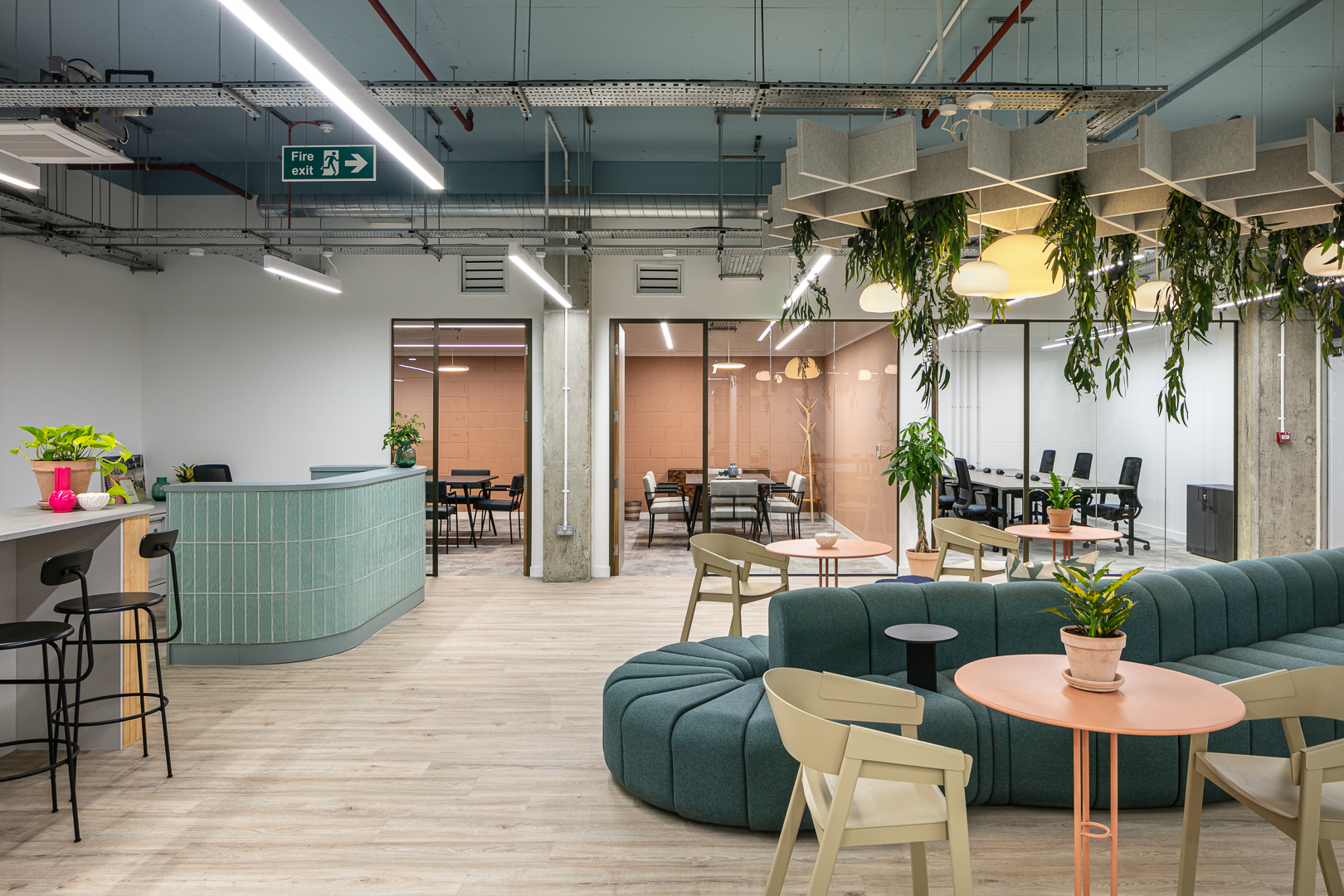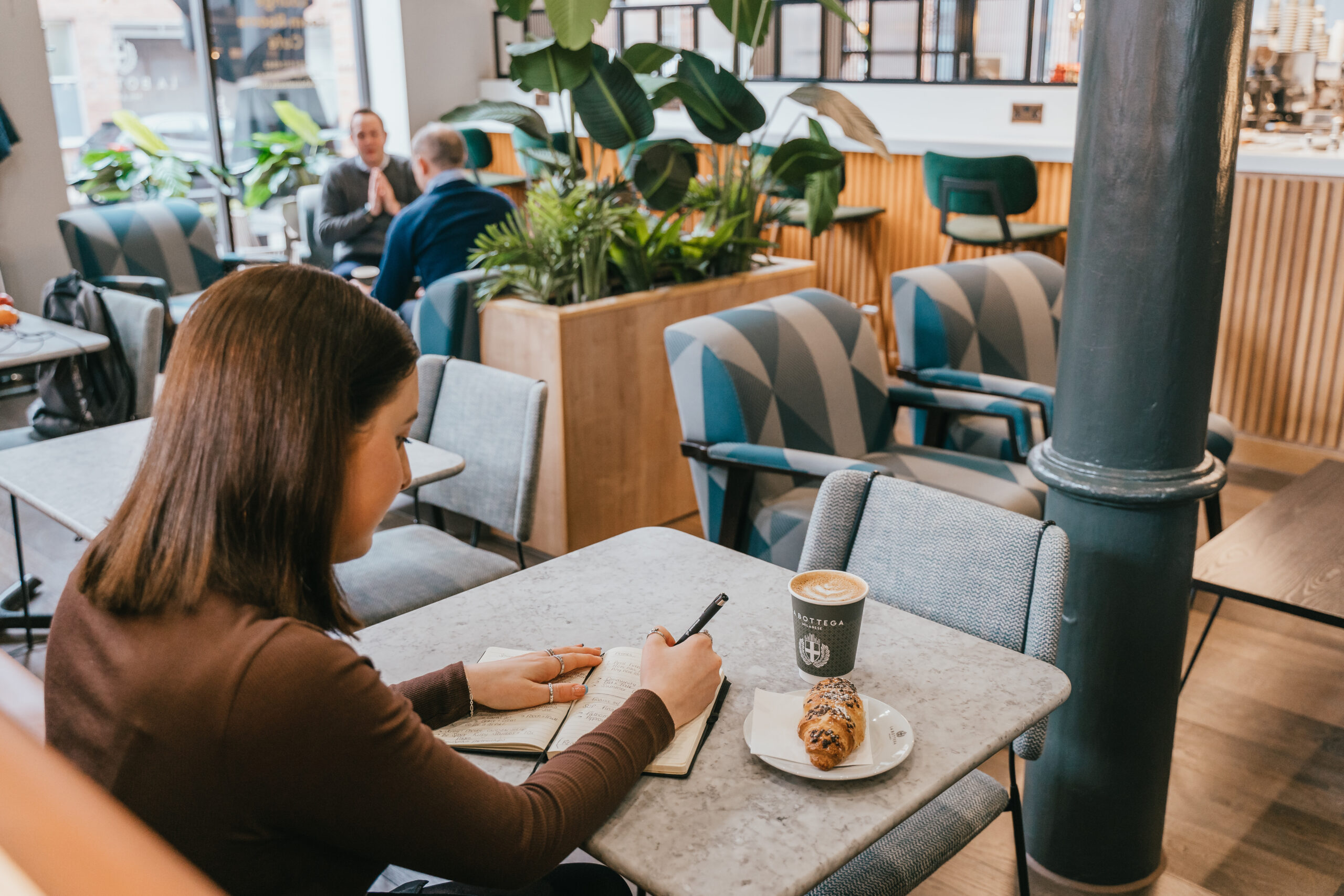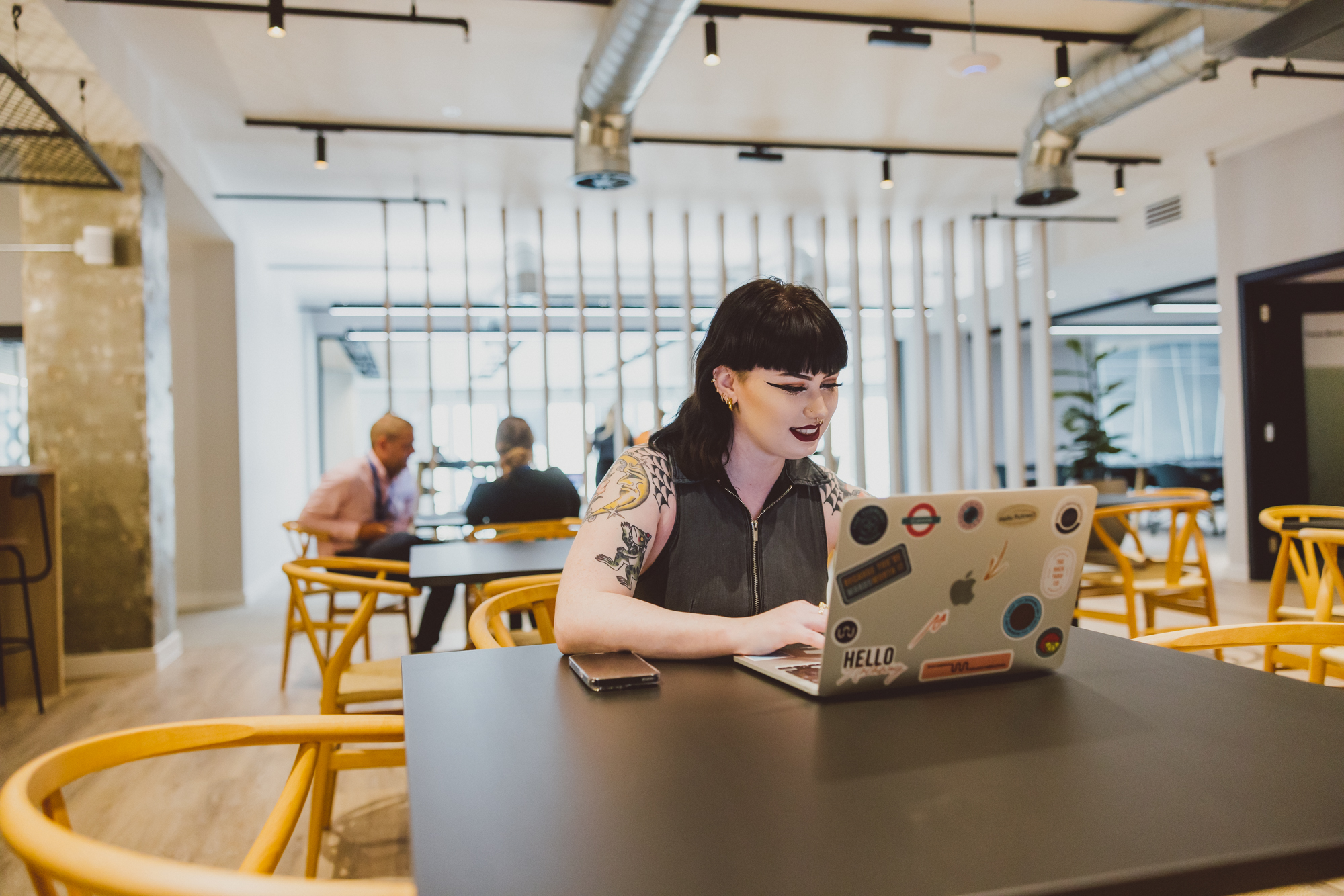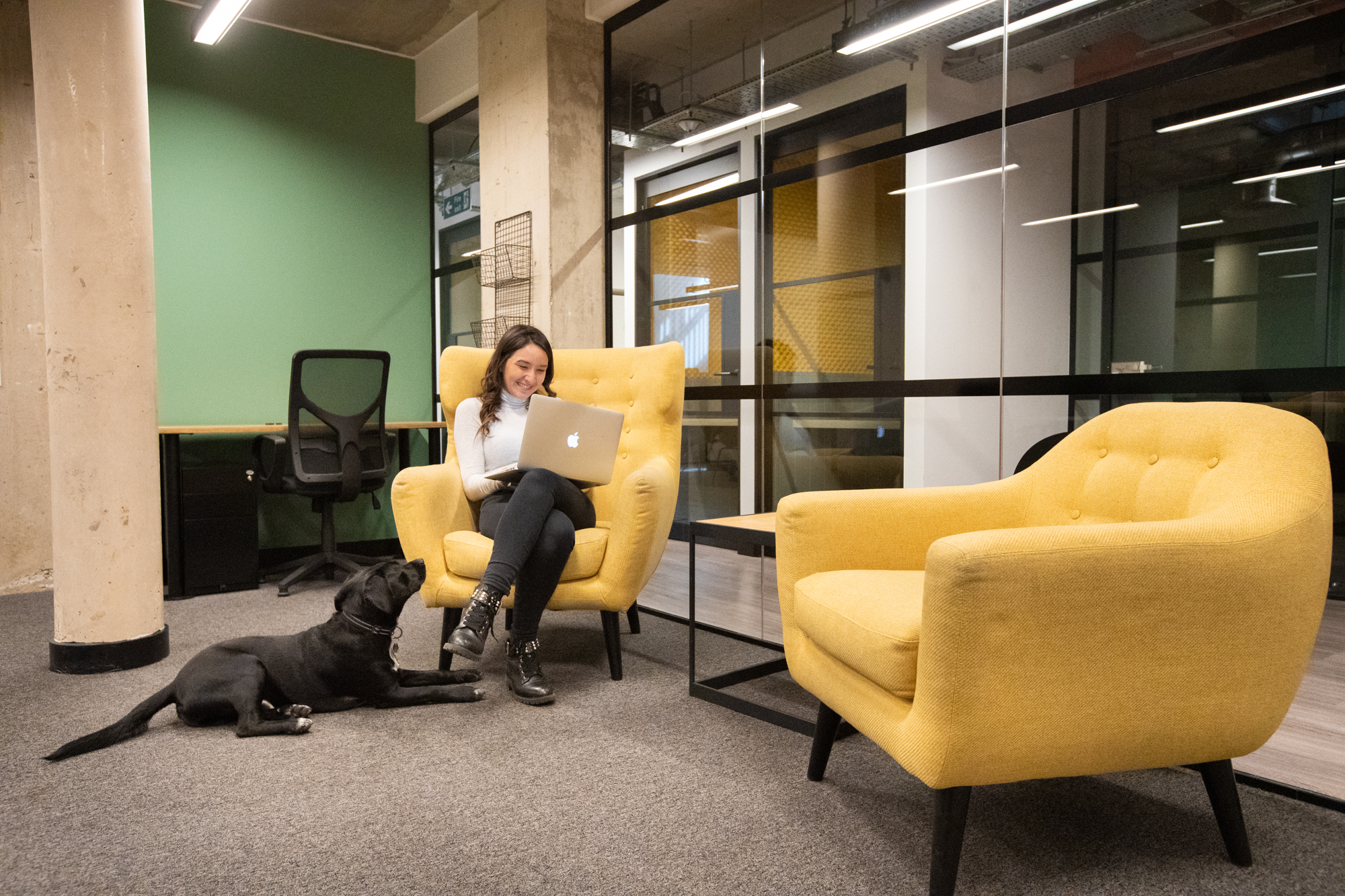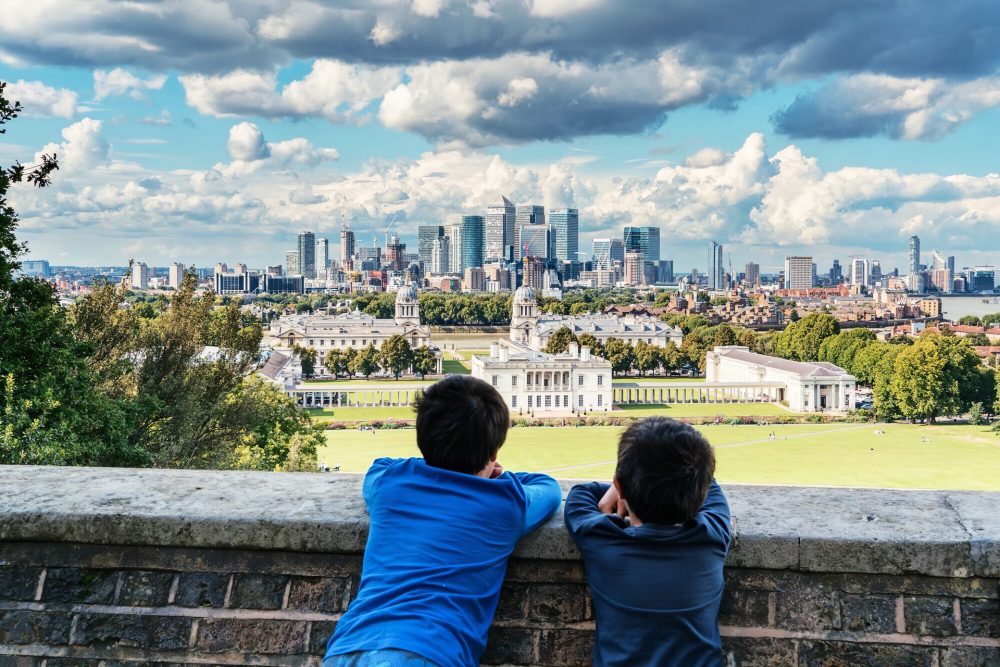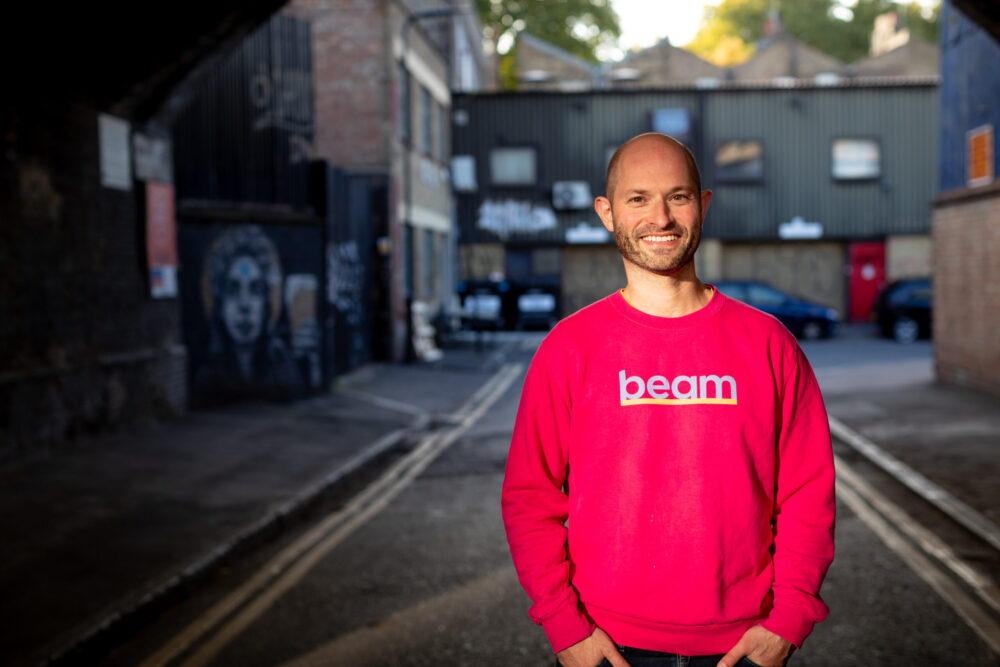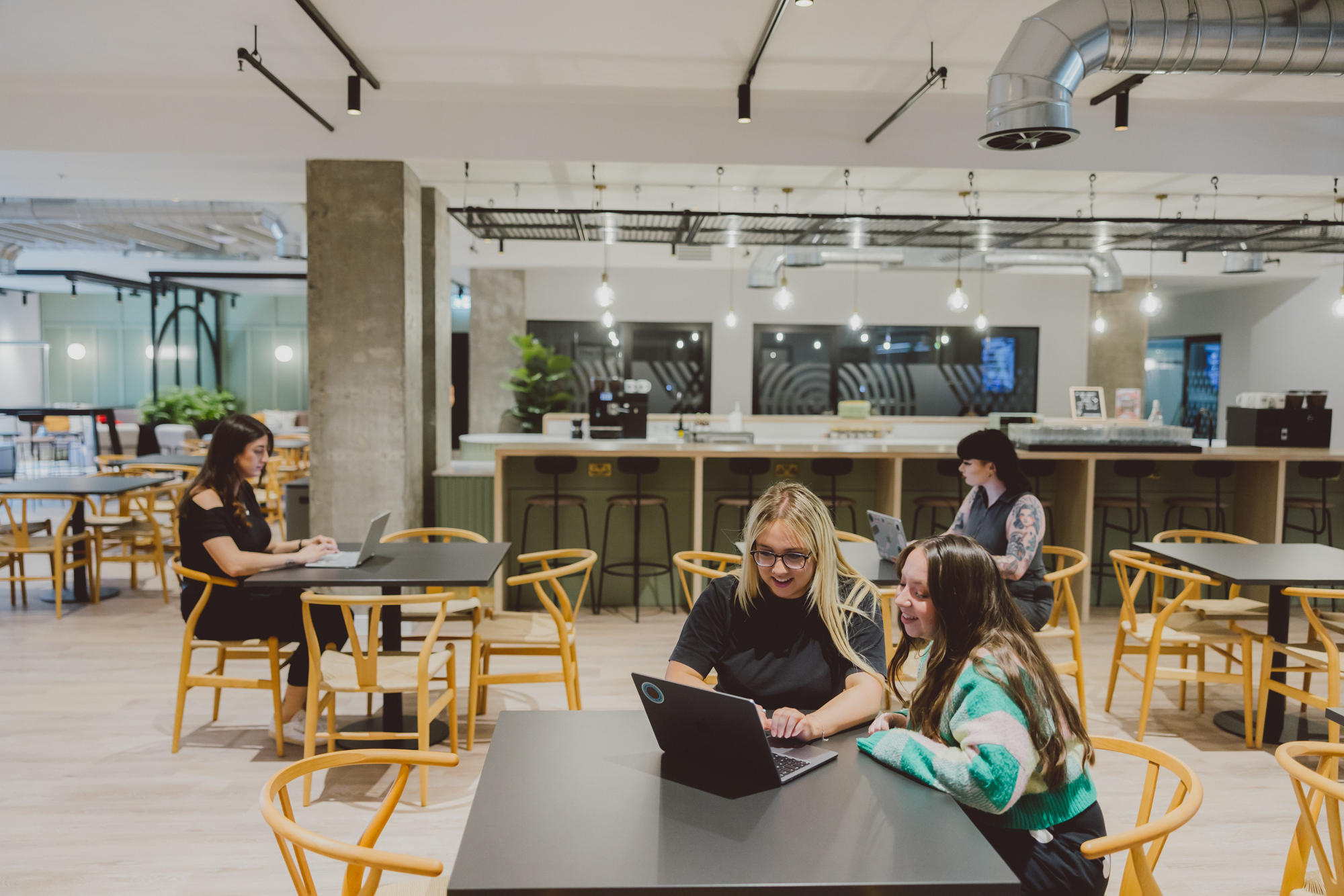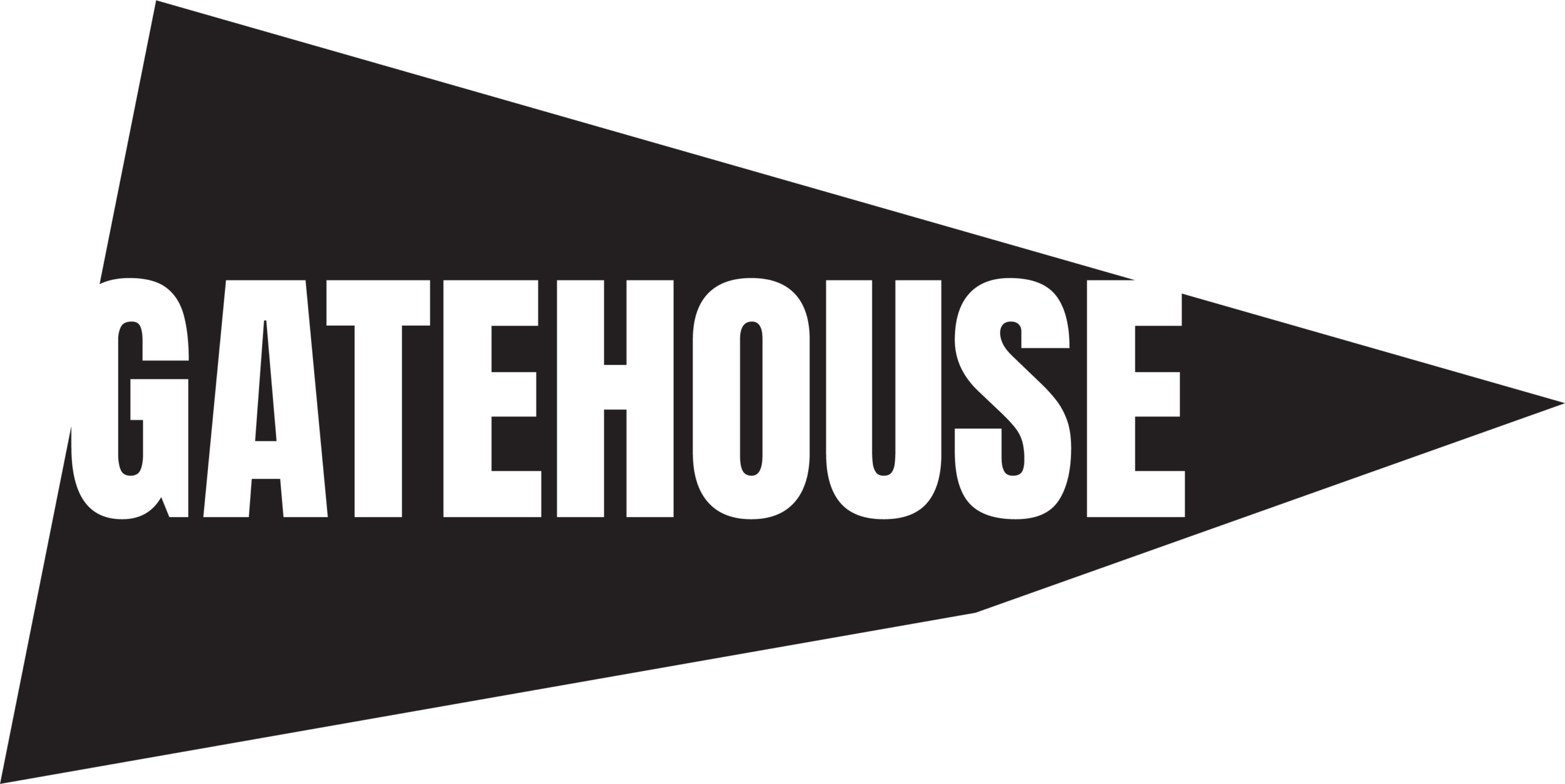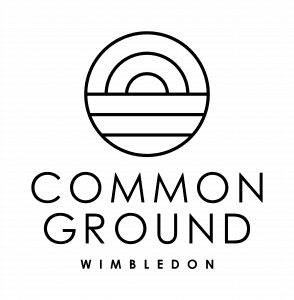
The Power of Local Regeneration
Across continents and countries. Cities, towns and villages, regeneration has been a consistent thread. Changing populations and cultures infuse and energise local areas. Constant evolution creates richer, more diverse neighbourhoods. Buildings emerge, disappear and are reborn again.
The process of regeneration has made its mark on every single urban landscape UK wide. Human industry and the elasticity of economic explosion and recession has impacted our communities for centuries. But what catalyses regeneration? And how can some regeneration be considered good, whilst other ‘improvements’ not so positive?
Our latest Spacemade project in Cricklewood is a useful case in point for some of the crucial factors that can ignite positive change. Not only what makes impactful urban change but perhaps more importantly, how it manifests over time.
Often our work at Spacemade is inspired by local change makers who have put their stamp on the local area, creating a clear identity and strong sense of community. This is certainly the case with the Cricklewood community.
Our Yard at Clitterhouse Farm is an incredible project of passion and determination. A dedicated team have not only saved the historic farm buildings (with a legacy timeline that can be traced to the 1300s) but have created a brand new mission, renovating the buildings that now support the community with local art, culture, historical learning and sustainable living – not to mention a great cafe too.
In addition to this inspiring community space, Cricklewood’s residents have led other projects for positive local change. Mapesbury Dell is a shared green space that was completely transformed after suffering years of neglect and desolation. In 2000, a group of local residents formed an organisation to save the area and create a new natural parkland space. After raising £150,000 from lottery funds. architectural landscaping, replanting and creativity began and the work was completed in 2005. It’s now an award winning haven for wildlife, planting and a crafted play area for children to explore.
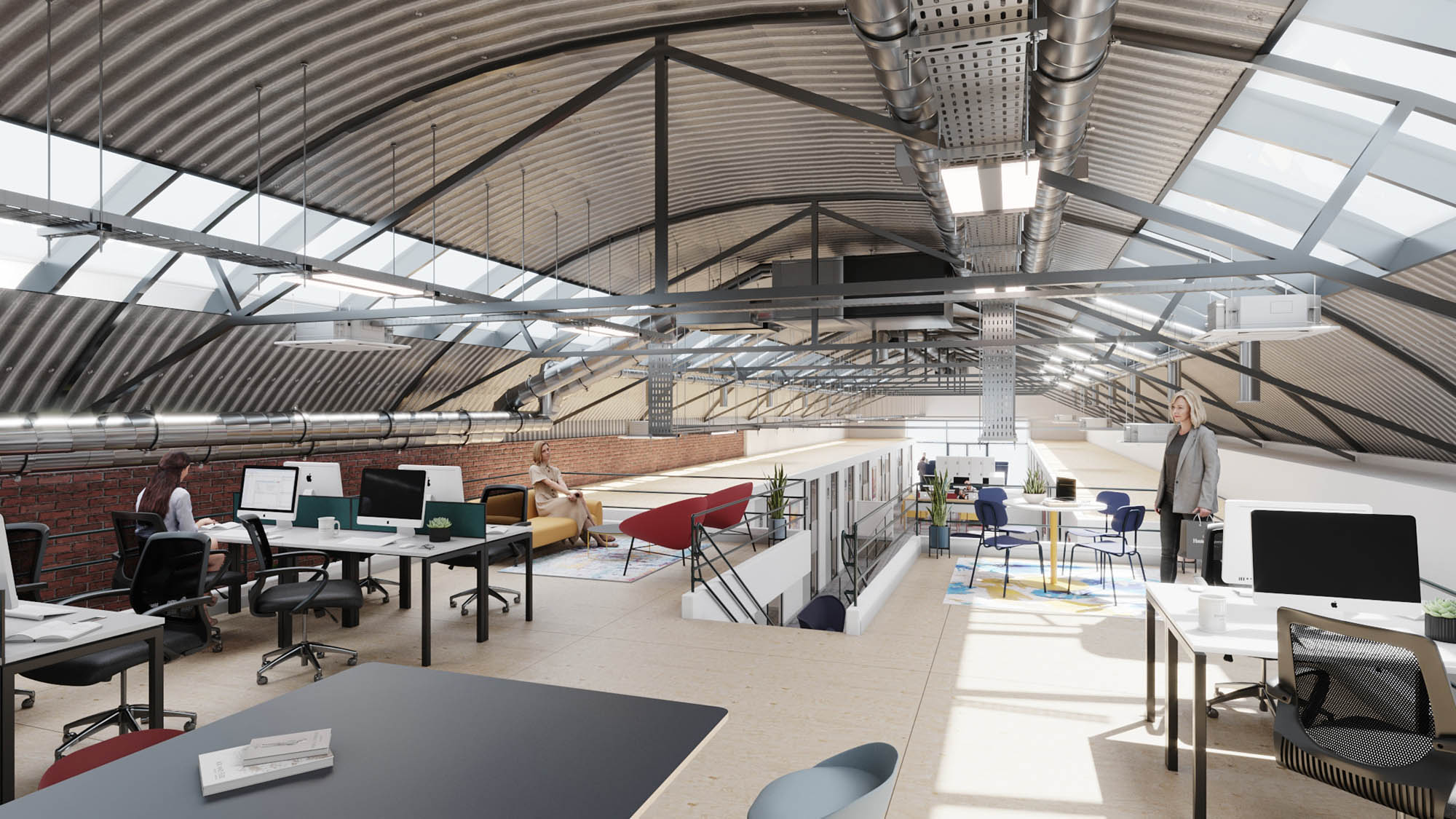
This type of local regeneration is also about legacy building. Re-discovering and restoring spaces with a new and relevant purpose. It’s about community building, not gentrification. The journey of regeneration often ignites a brand new sense of cohesion and local pride. People find their common values and recognise that the act of collaboration is powerful and brings people together from different backgrounds with a shared local purpose.
A good model for community building also resonates within the purpose of buildings and collective workspaces. Our mission at Spacemade is to make new workspaces for local business, entrepreneurs and workers who are now finding themselves working within or close to their homes. In doing so, they are creating new local economic opportunities from job creation to local knowledge sharing. We think it’s a win-win.
And we hope our new building, the BackYard Co. in Cricklewood is a good example. As a former car garage known as Stadium Works, the space offers an exciting blank canvas and a wonderful huge open space with an abundance of natural light and design potential.
We will curate a range of work space and collaboration opportunities from open plan working to 16 private office studios, meeting rooms, an outdoor terrace and break out areas. With a planned May 2022 opening, we welcome business owners, entrepreneurs, sole traders, freelancers, hybrid workers and consultants to name a few! Our mission is to help their businesses grow, enhancing knowledge sharing, mutual collaboration and in the process, the creation of local and positive economic impact.
There is significant data that when societal impact is factored into planning permission for new or renovated buildings, the local effects can be transformative. In January 2021 the Government’s new procurement policy note came into force. The Note requires bidders for contracts to apply a Social Value Model to explain how social value will be delivered through the services it commissions.
The modern term ecosystem helps explain this powerful and interlinking localised effect. The creation of communities that are supported, mutually supportive and strongly identified. And in this societal spectrum, Cricklewood ticks a lot of those boxes. Residents are creating an area of London with strong local ambition and pride. We hope we can play a part in supporting and unlocking local talent, ambition and opportunity too.
